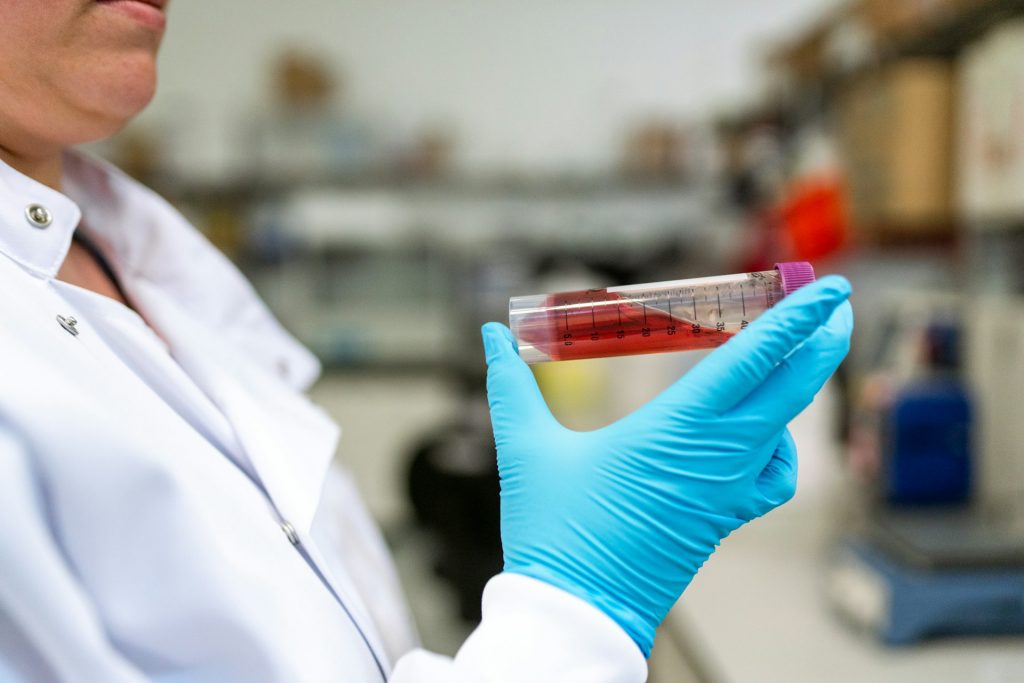Viscoelastic materials, displaying both solid-like and fluid-like characteristics, are common in biomedical applications, from polymeric structures and coatings to load-bearing connective tissues. Many biological fluids, such as blood, synovial fluid, mucus, and saliva, have non-Newtonian properties and can display significant viscoelastic behaviour. Furthermore, viscoelastic liquids are often used in biomedical applications due to their unique mechanical properties, which can be tailored to mimic biological tissues. Some examples are hydrogels for tissue engineering and drug delivery systems, synovial fluid substitutes, ophthalmic solutions, injectable biomaterials, dermal fillers, and contrast agents.
Currently, and due to tightening environmental policies and consumer awareness, various industry sectors are actively trying to move towards sustainable materials and processes. Biopolymers have gotten tremendous interest in various applications where sustainable and biodegradable solutions are needed. Understanding the fundamental physics that underpins biopolymer behaviour is key to find their best potential application.

In this project you will first build an understanding of the fundamental physics of a selection of biopolymers and flag potential biomedical applications based on their properties. Then you will further investigate the properties of a biopolymer, build model systems around it, and study their flow properties in a variety of relevant geometries targeting a specific biomedical application. The project presents elements of fundamental research while still maintaining an applied goal and can be adapted towards the student’s interests. The project offers the opportunity of a multidisciplinary training in a variety of techniques as rheology, microscopy, 3D printing and surface energy. Furthermore, the skills and knowledge gained during this project will be largely transferable to industry.
The project will be supervised by Dr Andreia Silva and Professor Alexander Morozov.
The applicant should have a first-class degree or upper-second (or its equivalent) in physics, physical chemistry, materials science, bioengineering or other relevant disciplines.
The annual stipend is £19,237 for 2024-25, together with full fees. Initial enquiries should be addressed to Dr Andreia Silva (andreia.silva@ed.ac.uk).
Applications should be submitted online via https://www.ph.ed.ac.uk/studying/postgraduate-research/how-apply , specifying ‘Materials for the future’ under the ‘Research Proposal’ section of the form.
• Click ‘Apply Online’
• Click ‘Condensed Matter PhD’ under Research Programmes
• Select nominal start date from the drop-down list on the right-hand side of the screen, then click ‘Apply’
• Fill in the application details on the ‘EUCLID’ system, specifying ‘Materials for the future’ in the Research Topic section.
Please get in contact with us to find out more about ECFP and whether we can help you.
ECFP delivers fundamental product insight enabling improved formulation and processing for a more sustainable future.